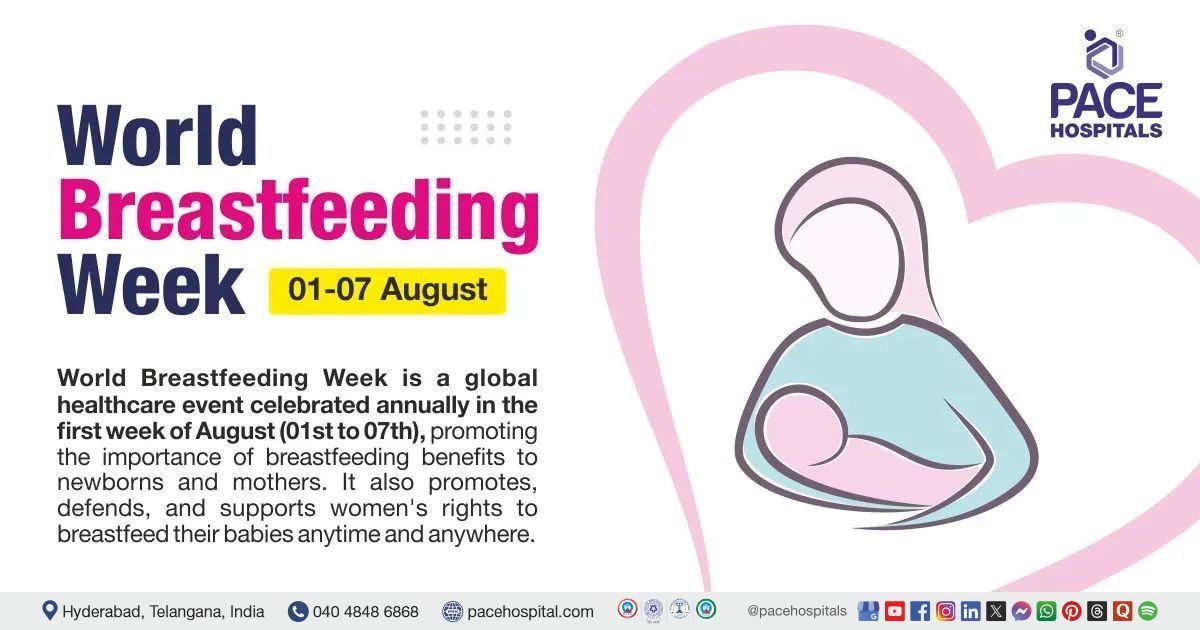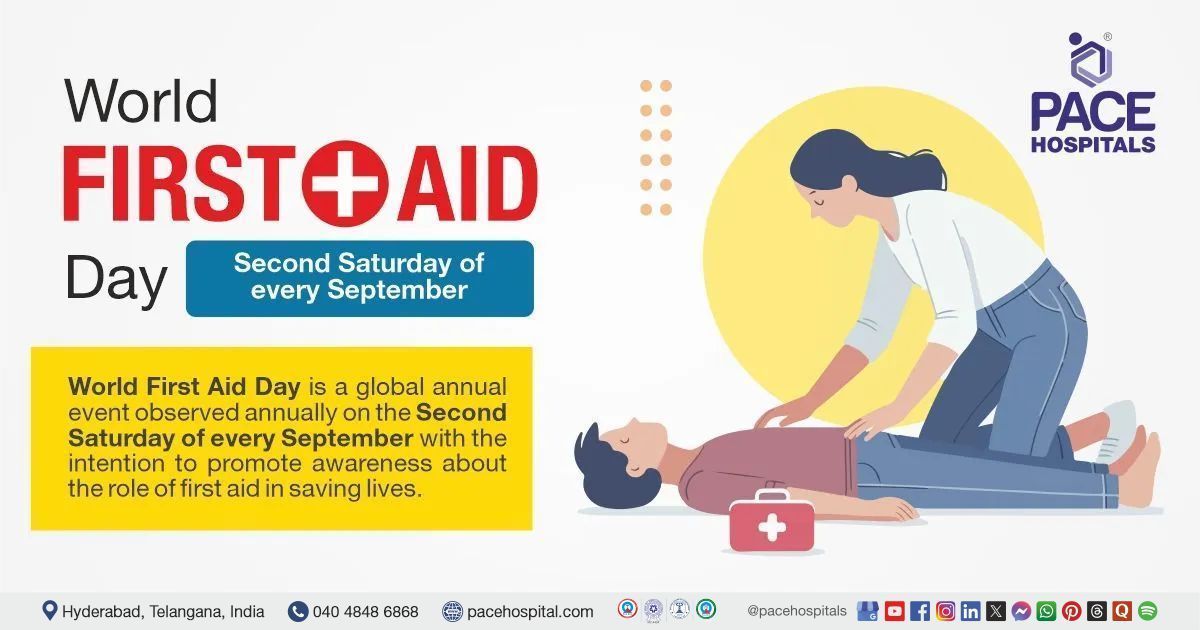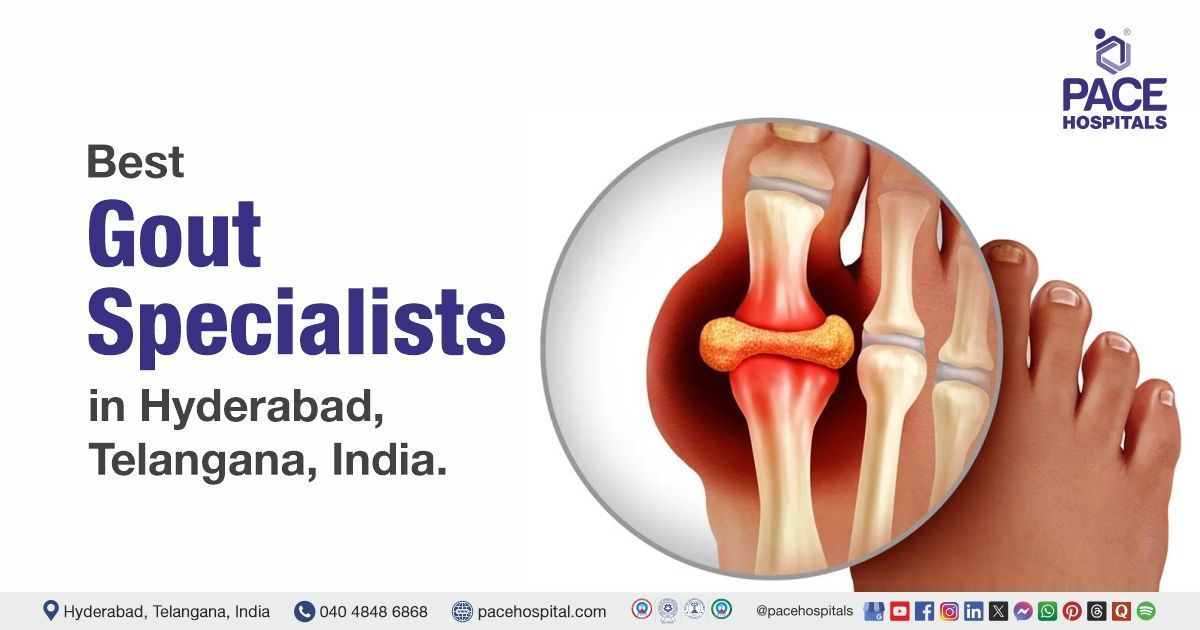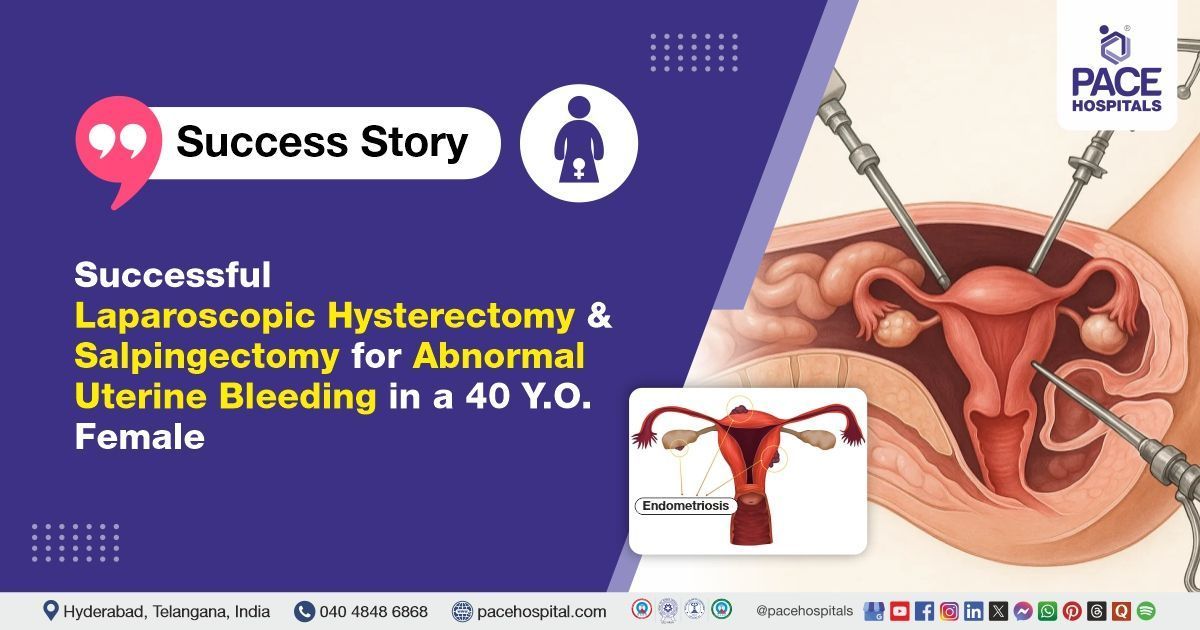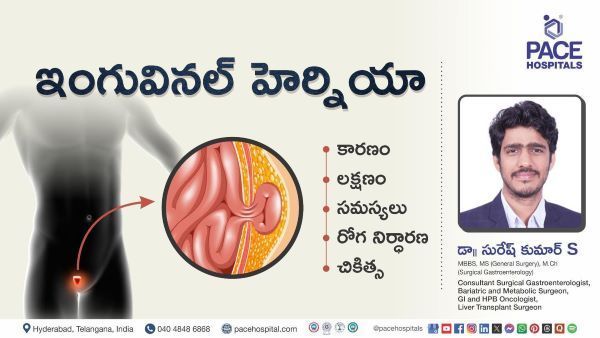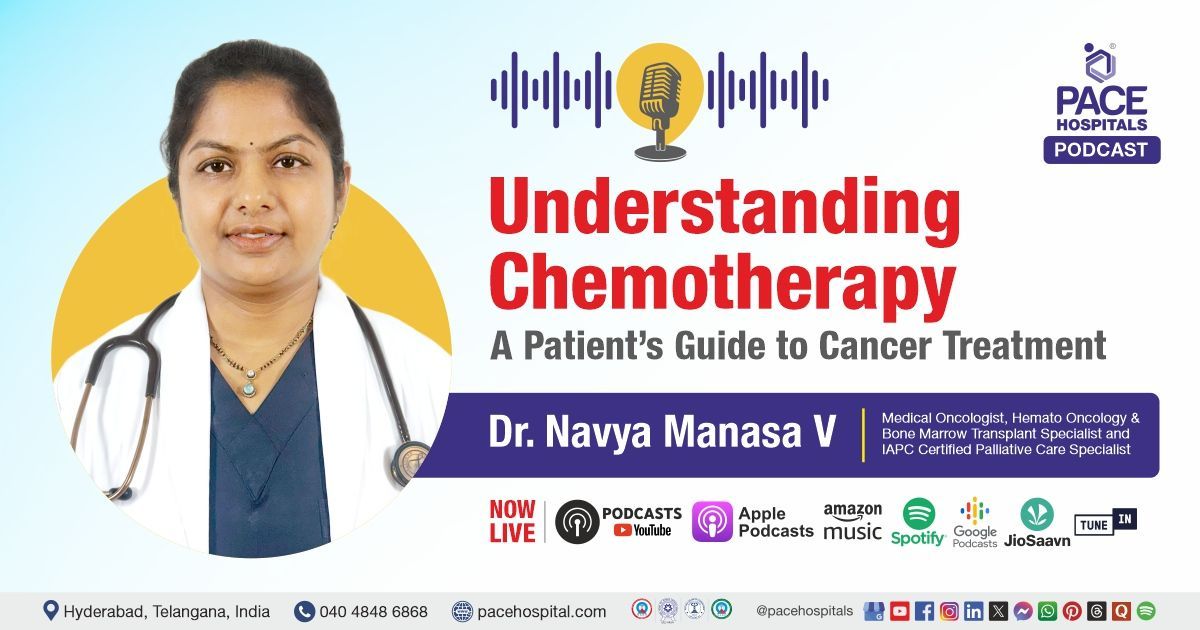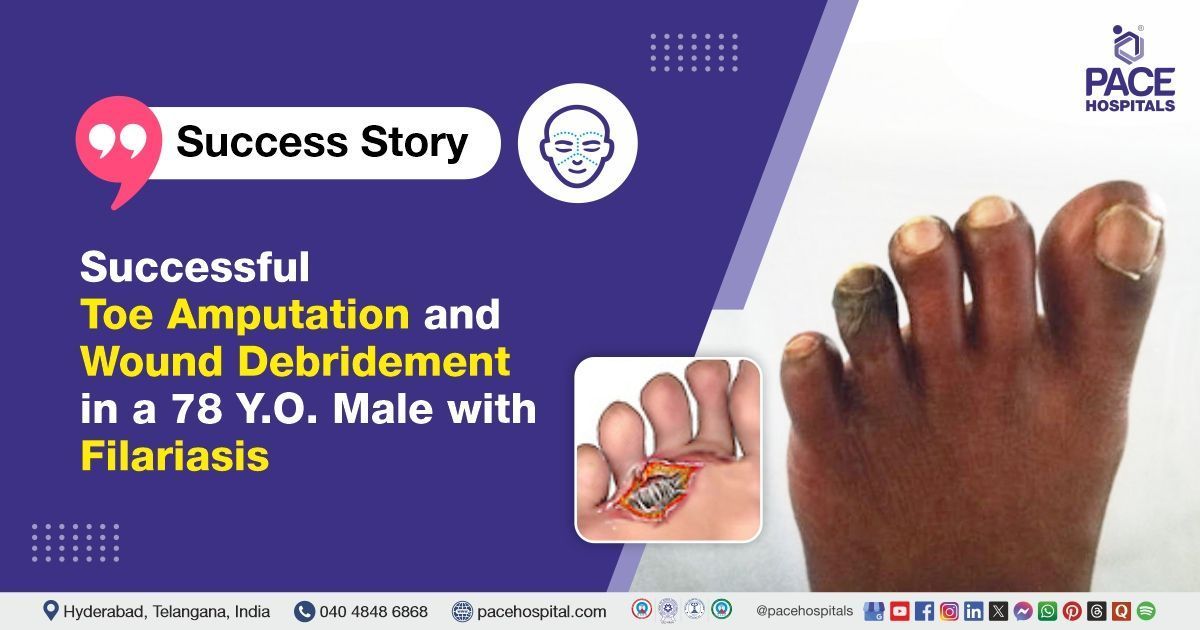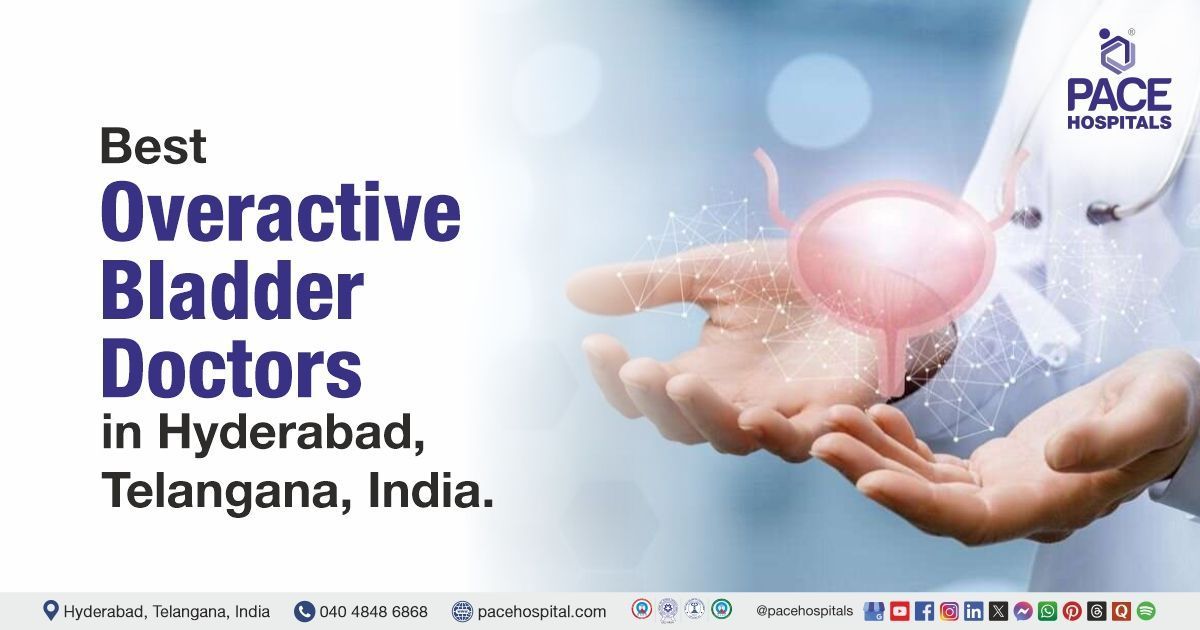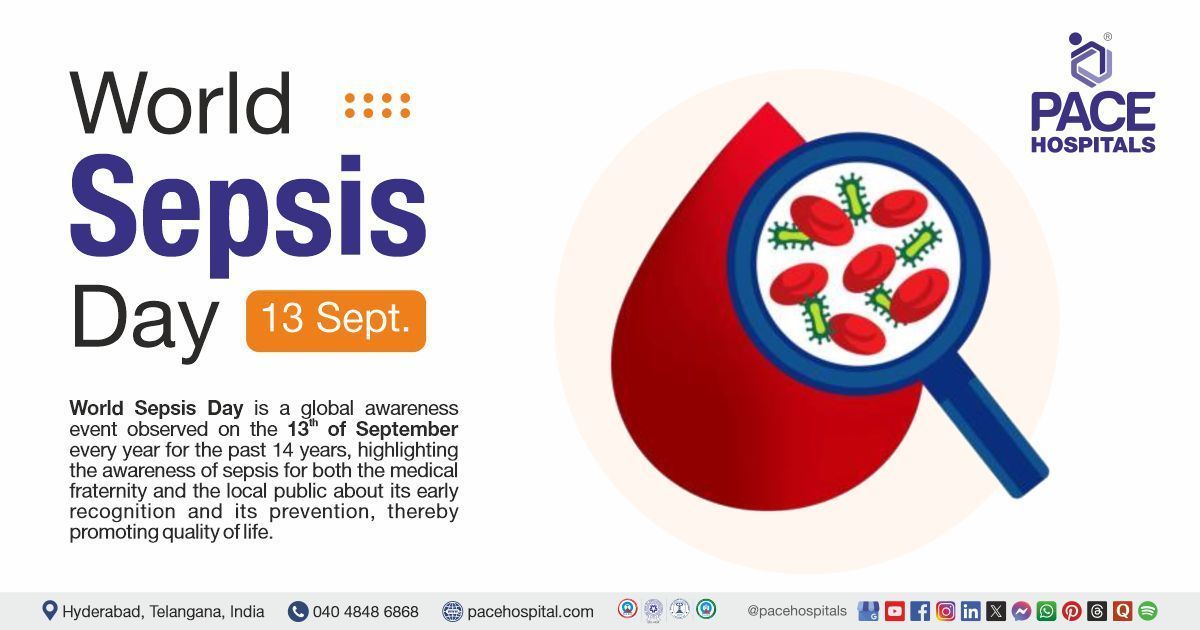World Breastfeeding Week, 01- 07 August 2025 - Importance & Theme
World Breastfeeding Week is a global healthcare event celebrated annually in the first week of August (01st to 07th). During the entire week, various international and local organisations join hands in promoting the importance of breastfeeding benefits to newborns and mothers. World Breastfeeding Week also promotes, defends, and supports women's rights to breastfeed their babies anytime and anywhere. #WorldBreastfeedingWeek
Breast milk is the primary source for all their nutritional needs in the initial few months of an infant's life, as it comprises 87% water, 7% carbohydrate, 4% lipid and 1% protein, vitamins, and other minerals (calcium, phosphorus, magnesium, potassium, sodium, etc). Appropriate breastfeeding equipped with both maternal and child benefits that include prevention of child from severe diseases (short- and long-term diseases) such as:
- Respiratory problems (such as respiratory distress syndrome, bronchopulmonary dysplasia, etc.)
- Sudden infant death syndrome (unexplained, sudden, and unexpected death of a healthy baby, also called cot death)
- Diarrhoea, leading to quick dehydration
- Necrotising enterocolitis (a serious gastrointestinal issue affecting premature babies)
- Otitis media (infection of the middle ear)
- Obesity (excess fat)
- Type 1 Diabetes (little or no insulin production, resulting in excess blood sugar)
In women, breastfeeding has been shown to decrease the risk of
breast cancer and ovarian cancer.
Importance of World Breastfeeding Week (WBW)
The World Health Organization (WHO) and United Nations International Children's Emergency Fund (UNICEF) recommend optimal breastfeeding that includes exclusively breastfeeding (only breastmilk without any additional food or water, exception to oral rehydration solution, drops and syrups) a child during the first six months of life, and then continuing to breastfeed until the age of two years, with the addition of suitable and sufficient supplementary foods.
In developing nations, exclusive breastfeeding of infants younger than two years old has the highest potential impact, among other preventive interventions, on child survival, having the ability to save approximately 13% of all deaths in children under the age of five years. In addition, it is also critical to achieving many of the newly announced Sustainable Development Goals by 2030.
As per the World Health Organization's 2020 report on newborn and young child feeding, optimal breastfeeding (0–23 months) might save the lives of more than 8,20,000 children under five every year.
The Indian stake
As per a 2015 global report, 59 lakh child deaths are reported, where India marks the highest share, with 20% of it. The UNICEF (United Nations International Children's Emergency Fund) India Statistics 2015 reports malnutrition is responsible for over half of the nation's under-five mortality and infant mortality rates of 48 and 38 per 1,000 live births, respectively. In addition, the report stated that Indian women had subpar recommended breastfeeding practices as only 65% of infants were reported for exclusive breastfeeding at six months of age and 45% of infants with early initiation of breastfeeding (colostrum milk) within one hour.
Challenges to optimal breastfeeding practice
Various determinants affect a successful optimal breastfeeding practice, including family and community, health system and services, sociocultural factors, mother-infant interaction, workplace and employment, and others. Multiple studies have demonstrated that breastfeeding rates can rapidly increase if the above-mentioned determinants are addressed with the help of enabling measures.
Among them, workplace and employment and returning to the workplace is one of the most common and important factors for an unsuccessful optimal breastfeeding practice, as many women worldwide spend a significant amount of time away from their children at work within the first year after giving birth.
Therefore, World Breastfeeding Week strives to enlighten the stakeholders/policymakers in changing the workplace environment by adapting breastfeeding policy, thereby promoting optimal breastfeeding practice and its impact on the development of their infants.
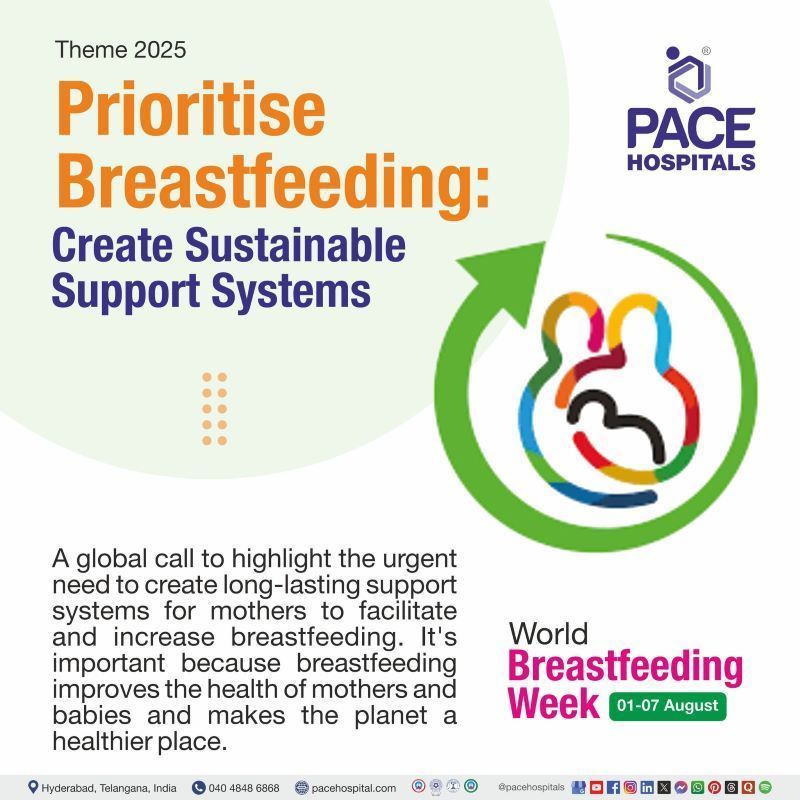
World Breastfeeding Week 2025 Theme
This year, 2025, the World Breastfeeding Week theme is "Prioritise Breastfeeding: Create Sustainable Support Systems”. This theme emphasises the urgent need to create long-lasting support systems for mothers to facilitate and increase breastfeeding. It's important because breastfeeding improves the health of mothers and babies and makes the planet a healthier place. In order to create these long-term support systems for everyone, we need to collaborate.
Year-by-Year Themes for World Breastfeeding Week (WBW):
- World Breastfeeding Week 2024 theme: Closing the gap: Breastfeeding support for all.
- World Breastfeeding Week 2023 theme: Let’s make breastfeeding and work, work!
- World Breastfeeding Week 2022 theme: Step up for Breastfeeding - Educate and Support.
- World Breastfeeding Week 2021 theme: Protect Breastfeeding: A Shared Responsibility
- World Breastfeeding Week 2020 theme: Support breastfeeding for a healthier planet!
- World Breastfeeding Week 2019 theme: Empower Parents, Enable breastfeeding
- World Breastfeeding Week 2018 theme: Foundation of Life
Indian Maternity Benefit Act, 1961: for breastfeeding working women
- Paid maternity leave of 26 weeks to women workers.
- Every establishment with 50 or more employees is required to have a creche facility (nursing), either separately or along with common facilities, and women employees are permitted to visit the creche up to four times each day until the child reaches the age of 15 months.
- A woman who lawfully adopts a child under three months or a commissioning mother is entitled to maternity benefits for twelve weeks from the date the child is given over to the adopting mother or the commissioning mother, as the case may be.
History of World Breastfeeding Week (WBW)
World Breastfeeding Week (WBW) is celebrated every year from August 01 to August 07 in remembrance of the Innocenti Declaration from 1990. Since 2016, Sustainable Development Goals (SDGs) have been in sync with WBW. A World Health Assembly resolution in 2018 endorsed WBW as a vital strategy for promoting breastfeeding.
Share on
Request an appointment
Fill in the appointment form or call us instantly to book a confirmed appointment with our super specialist at 04048486868

